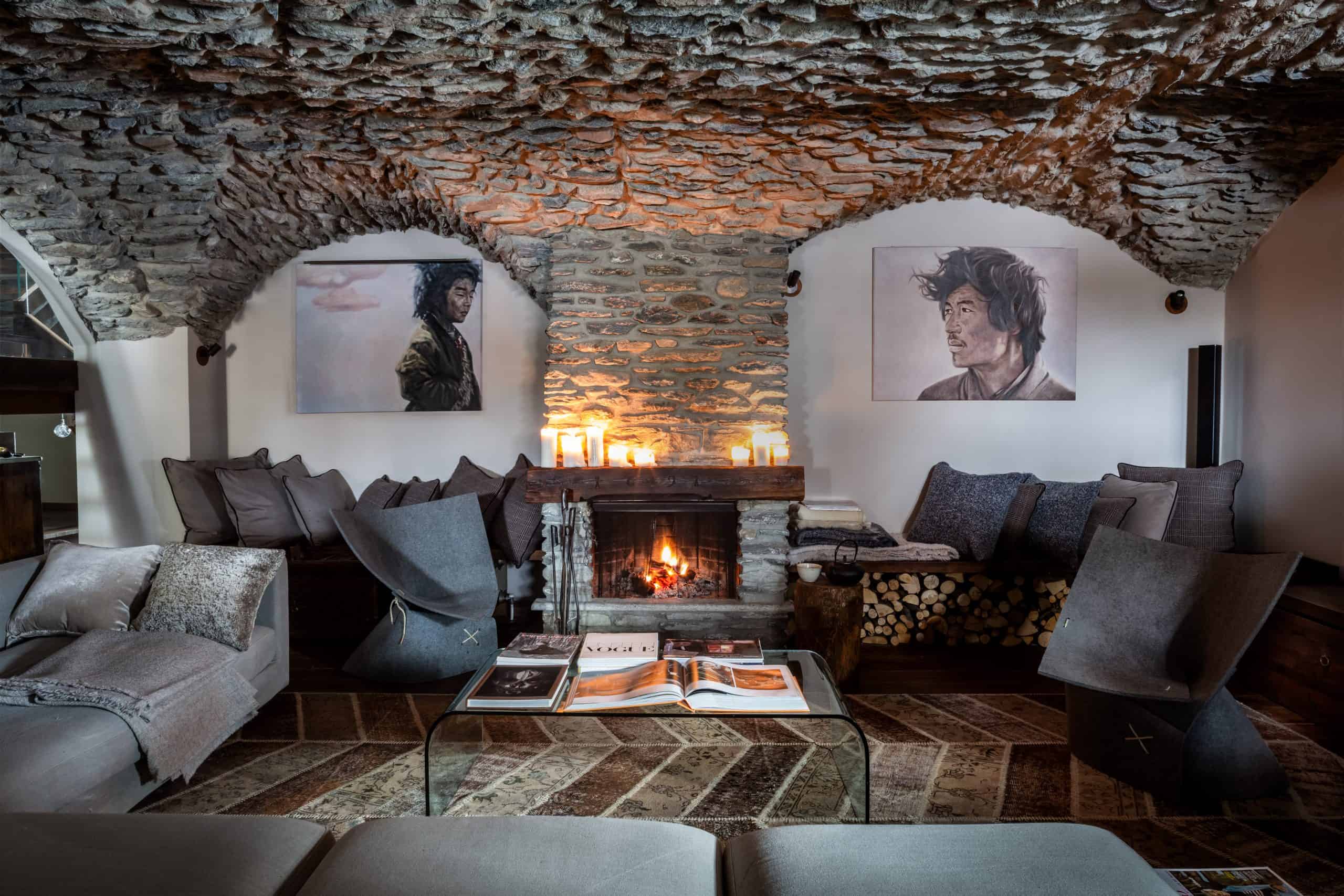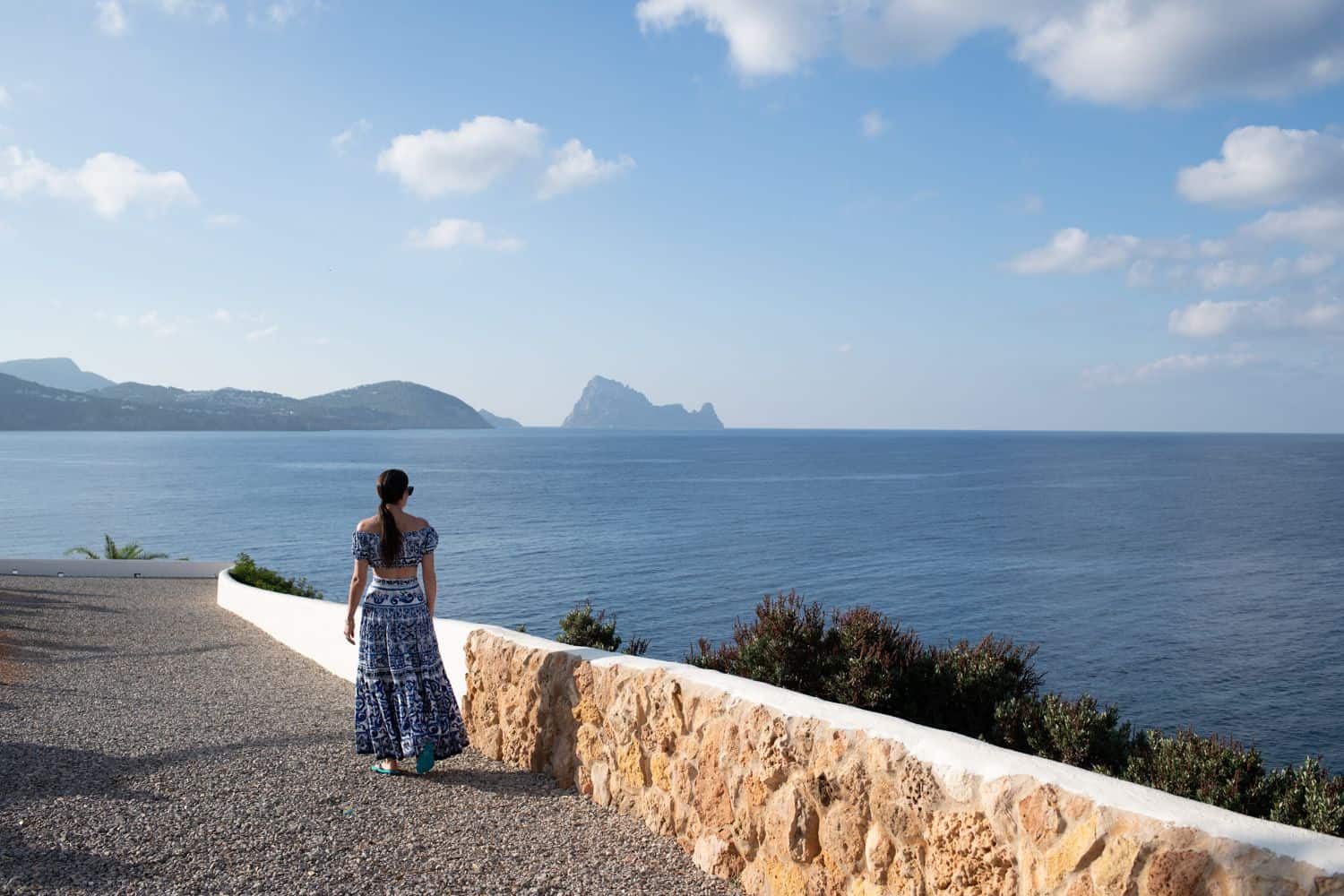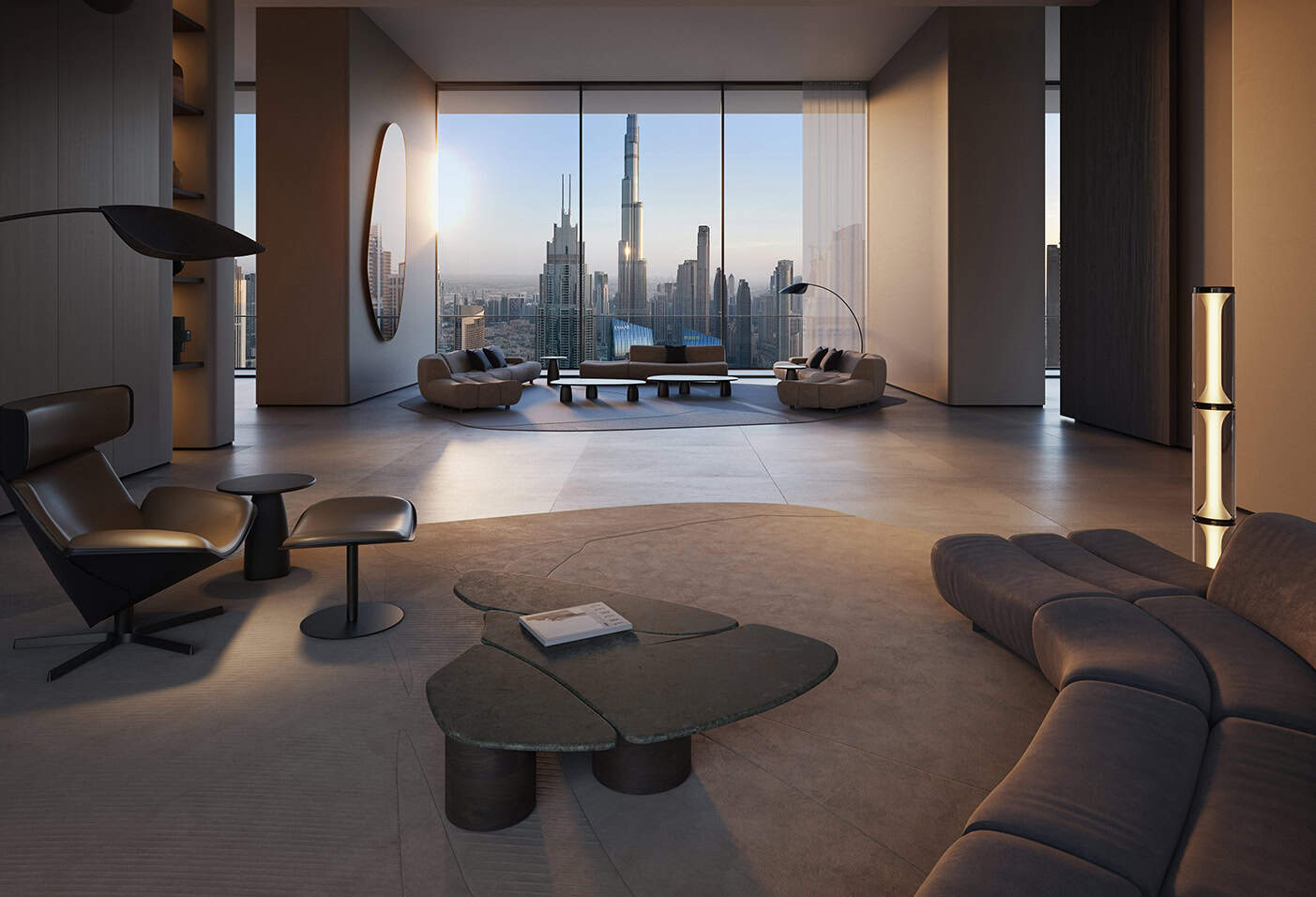“We’re in the midst of the Asian century,” says Cathy Feliciano-Chon, founder and Managing Director of CatchOn PR and Marketing Group. We’re just days away from the Global Wellness Summit, the largest annual gathering of wellness delegates in the world, this year hosted in Singapore. “I’m really excited to show Asia to the delegates,” says Feliciano-Chon, Co-Chair of the 2019 Summit and advisory board member. “I find that there’s so much that needs to be explained or decoded about Asia. Most people think of Asia as Thailand or Bali, but then, the Middle East is part of Asia. There’s so much to explore here.”
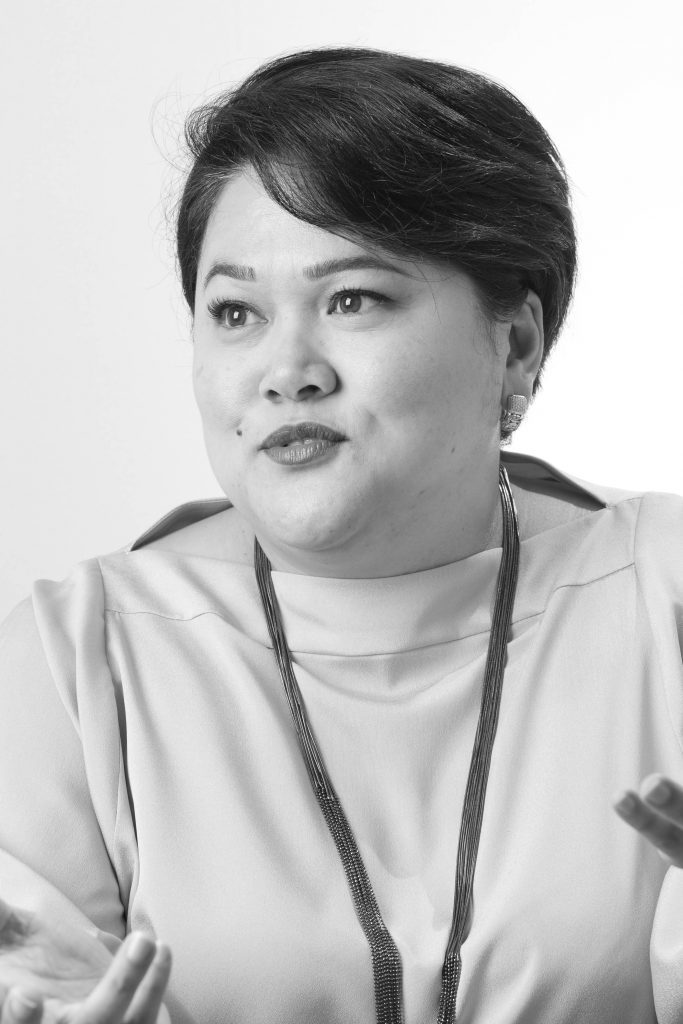
Held in Asia for the third time since its inception in 2007, this year the Global Wellness Summit is highlighting a number of trends originating in and dominating Asia. “While perhaps the Greeks and the Romans can lay claims to the origin of wellness, it’s Asia that holds the key to its future,” says Feliciano-Chon. “Our healing practices, our design influences, our customs, they still inform how wellness is expressed worldwide.”
Feliciano-Chon points towards wellness modalities like yoga and energy medicine, all rooted in Asia. “We need to look at the future of wellness through the lens of Asia: this is the Asian century. All indicators support that.” When it comes to tourism, Asia-Pacific travellers now represent 37% of outbound travellers, their spending has doubled in the last decade, and over the past two years wellness trips have increased by 33%, according to a collaborative report from ILTM and CatchOn earlier this year.
“The next two decades will be driven by a wellness imperative: everything from the way we build our communities, our cities, our homes, our workplaces.”
Cathy Feliciano-Chon
This huge growth of the Asian wellness market is in no small part due to the increase of outbound Chinese travellers, who are growing more interested in their wellbeing. While the ILTM report highlights the “Chinese Millennial Millionaires” traveller type, Feliciano-Chon is quick to point out its not only the wealthy in this market who are wellness-inclined on holiday. Outbound travel from Mainland China is 20 times what it was in 2000, and their spending puts them at the top of the leader board (beating the US market by nearly double, with spending of US$258 billion a year). By 2030, it’s expected that Chinese travellers will account for 30% of international travellers. More than that, while France has long held the ‘world’s number one travel destination’ title, that’s also expected to change come 2030: with a thriving domestic travel market and an increase in international visitors, China is projected to take the number one spot.
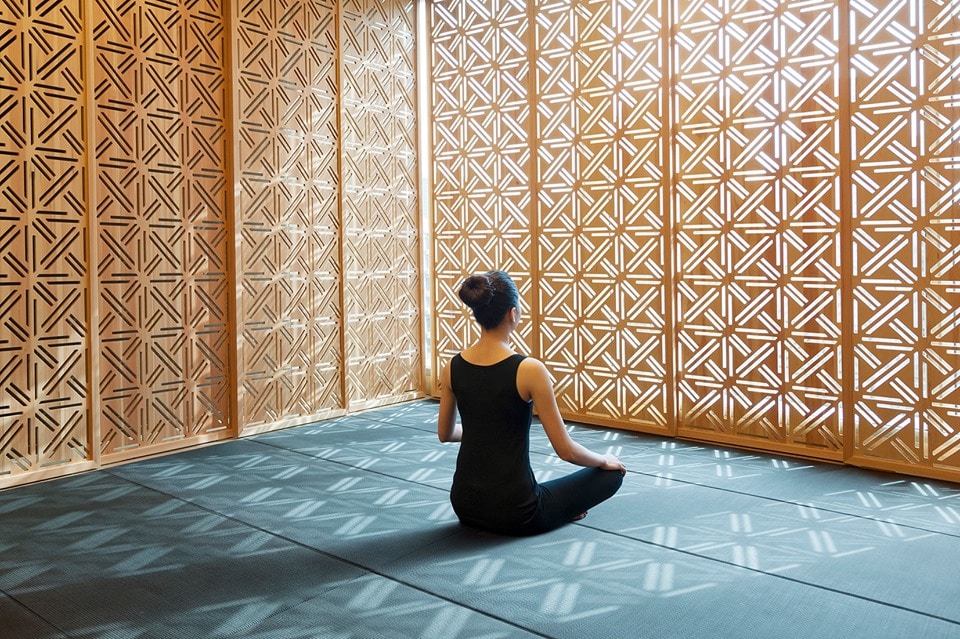
“It’s the outbound Chinese travellers—predominantly in the secondary wellness traveller market—who are engaging with wellness activities when they travel,” says Feliciano-Chon. “Keep in mind that wellness activities are still very much considered aspirational. Their type of spending is shifting: it used to be shopping, but now it includes experiences as well.”
Asia, home to more than half the world’s population and many of its most populous cities, is also leading in the urban wellness scene, an area that has been tipped as a major trend for 2020. “Urban wellness has been around for a while, it’s not new,” Chon points out—for Asia, at least. Cities like Tokyo, Bangkok, Singapore, Shanghai, Kuala Lumpur, and Hong Kong boast urban locations for some of the most revered wellness and spa brands around, like Aman, COMO, Six Senses and Mandarin Oriental who offer getaways without going away.
“From the very beginning, places like Four Seasons and Mandarin Oriental Hong Kong launched, they were ahead of the game in terms of their wellness proposition within the urban context,” explains Feliciano-Chon of her own experiences of the Hong Kong market. “They always positioned themselves as a staycation option, and not just hotel spas, and that’s why they’ve had success in the local market: they don’t just rely on hotel guests to become spa guests.”
Feliciano-Chon notes the uniqueness of this situation to Asia. “When you look at the hotel spas in Asia, they do strong business in the local market. That’s probably one of the biggest difference with their American counterparts. If you look at Singapore or Hong Kong and compare that to LA or New York, it’s not the same.”
“We have serious concerns in the world today. We’re basically fighting for our survival right now. I don’t see how the wellness industry isn’t part of that solution.”
Cathy Feliciano-Chon
As urban wellness retreats and centres becoming more focused on integrating medical-based treatments, Feliciano-Chon notes they are turning towards more invasive therapies as the demands for preventative medicine and lifestyle wellness therapies increase. “Something like Fivelements Habitats in Hong Kong, or the COMO Urban Escape in Singapore, these concepts are interesting,” she says. “You have yoga facilities, dining spaces, spas, alternative wellness modalities. When you bring in that ‘lifestyle’ component, it makes for a much more interesting proposition.”
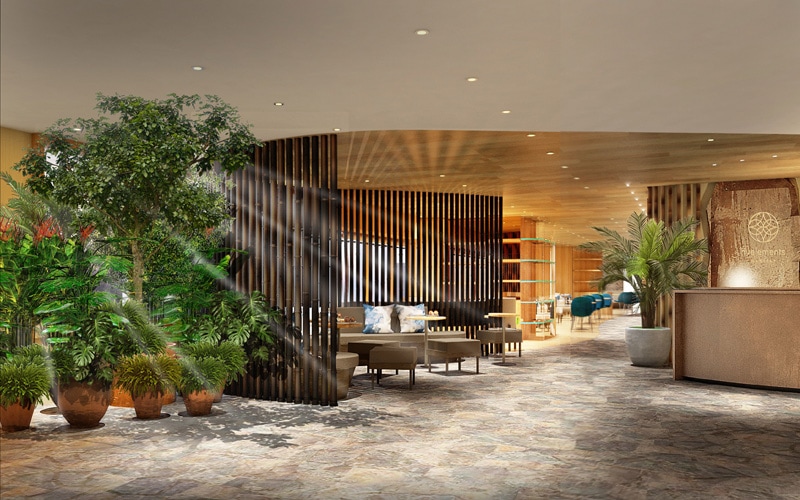
As much as Asia leads the way in many trends, it still falls behind in others. “One place where we really lag in Asia is workplace wellness,” says Feliciano-Chon noting the different approaches to work environments and ethics between East and West. “I don’t really see that changing any time soon.” Feliciano-Chon points towards digital wellness as both the problem and solution: “Are we really so much more productive when we’re asking our employees to be connected to all these different platforms? I think digital wellness really translates into being ‘disconnected’. And the bigger story there is the emphasis we’re placing on mental wellness.”
She highlights the way tech companies are having to address not only legal issues like privacy and data distribution, but social, emotional and mental health issues like isolation, alienation, and the effect on children. “There’s a whole field coming out of this, and also how we as individuals, what does that mean for us and our wellbeing? That’s a big space that’s growing.”
It’s this wellness-focus that Feliciano-Chon is most excited about going forward into 2020 and beyond. “The last two decades were driven by a design mandate: everything had to be designed well, whether it was homes, cities, fashion, food, you name it. The next two decades will be driven by a wellness imperative: everything from the way we build our communities, our cities, our homes, our workplaces. How we develop technology, products, experiences… it’s all going to be driven by wellness. Does this enhance your wellness? How does it impact the world or address sustainability? It’s going to have to fulfil the wellness imperative.”
As consumers become more conscious, and increased knowledge on topics of health allow people to take their everyday wellbeing into their own hands, wellness is becoming a vital part of not just our own health but that of the planet. “We have serious concerns in the world today,” says Feliciano-Chon. “We’re basically fighting for our survival right now. I don’t see how the wellness industry isn’t part of that solution.”
Follow more of Compare Retreats Global Wellness Summit coverage
Get the latest information and updates on the Global Wellness Summit 2019 live from Singapore on Instagram @compareretreats

